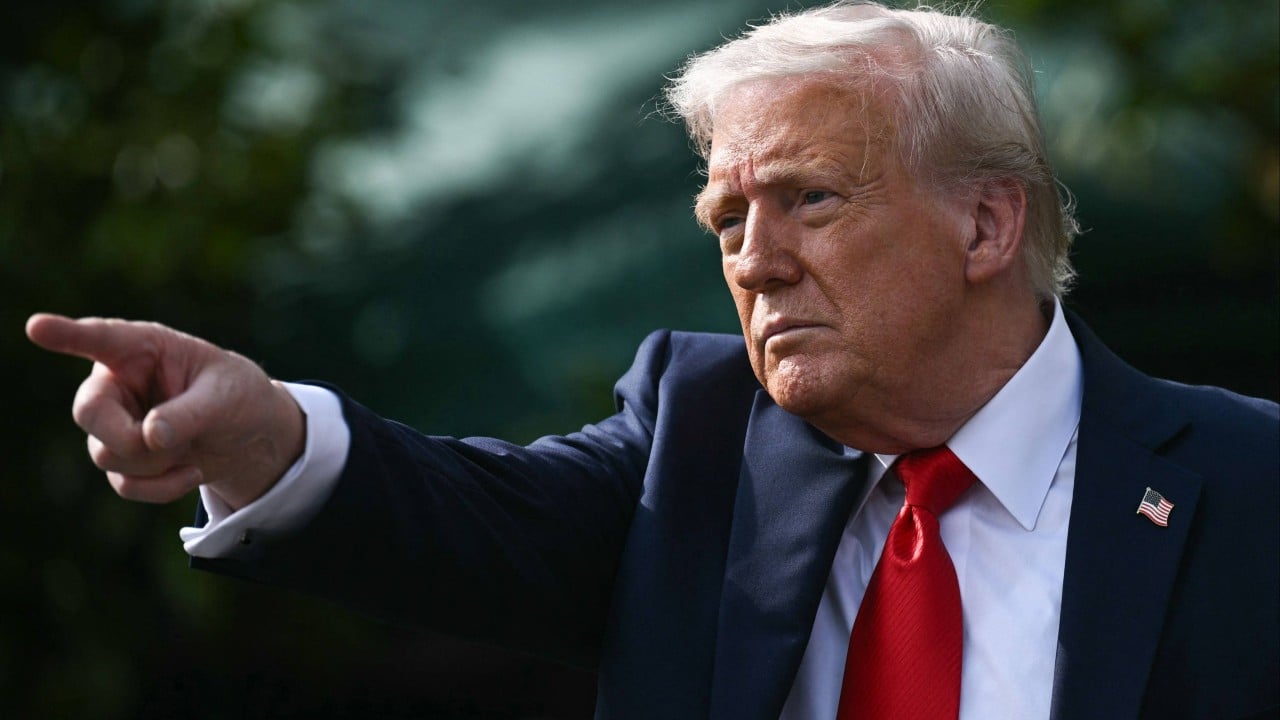Washington’s decision to suspend the “de minimis” tariff exemption for all countries – expanding on an earlier move that targeted Chinese shipments – is set to disrupt and ultimately reshape the global cross-border e-commerce sector, analysts said.
Advertisement
The White House announced the order on Wednesday as part of efforts to close loopholes used to evade tariffs and smuggle “deadly synthetic opioids as well as other unsafe or below-market products” into the United States. It will come into effect on August 29.
In May, the US eliminated the exemption – which had allowed small packages worth less than US$800 to enter the country duty-free – for goods from China. The move aimed to close what many considered a regulatory loophole exploited by Chinese platforms like Temu and Shein to rapidly scale their businesses.
Experts said the latest action marked a return to trade normalcy and left Chinese exporters with limited options: either compete in an already saturated domestic market, or battle fellow Chinese sellers abroad.
“Before, they could source from other countries to get around rules — that’s no longer viable, as the pathways to the US market are all blocked,” said Zhuang Bo, global macro strategist at Loomis Sayles Investment Asia, an affiliate of Natixis Investment Managers.
Advertisement
While expected, the move marks a significant setback for China’s digital trade dominance, as the whole “business model was largely driven by Chinese firms, both operationally and in market share”, he added.

